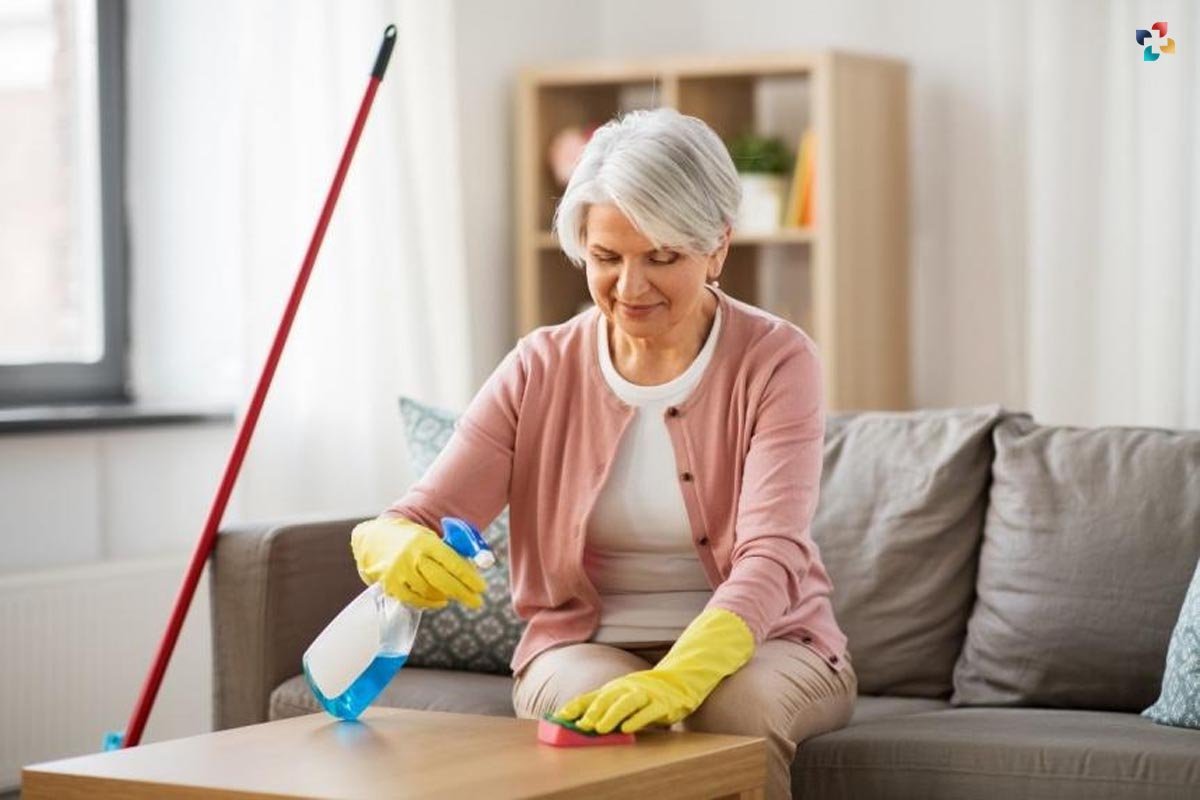To Prevent viral infections is crucial, especially for older individuals who may be more vulnerable to the severe consequences of these illnesses. While a viral illness can make even the healthiest person miserable, it poses a greater risk to older adults, who have a higher chance of hospitalization or even death. According to the Centers for Disease Control and Prevention (CDC), between 70% and 85% of seasonal flu-related fatalities in recent years have occurred in adults aged 65 and older, highlighting the importance of taking steps to Prevent Viral Infections in the Elderly.
To prevent viral infections in the elderly, it is always a good idea to contact a medical professional if you suspect that an elderly family member or friend may be infected with a virus Seniors have an extremely high risk of developing complications as a result of a viral infection, and antiviral medications tend to be the most effective if they are administered within the first 48 hours of the onset of symptoms.
In light of the aforementioned, you should get in touch with a medical professional as soon as possible if a member of your family is throwing up, complaining of chest discomfort or dizziness, having trouble breathing, or displaying indications of disorientation.
Here is How to Prevent Viral Infections in the Elderly;
1. Be vaccinated against flu.

Being vaccinated against influenza and taking other preventative actions to prevent viral infections in the elderly is one of the most effective measures that anybody, even elderly people, may do to reduce their risk of developing the illness. The following preventative actions should also be taken by elderly people to protect themselves from catching the flu and other viral infections:
2. Remaining inside and avoiding contact with other people
It is essential to have an understanding of how viruses spread from one person to another when they are in close contact to one another in order to prevent viral infections in the elderly. In addition, in order to prevent contracting the disease, one must keep a safe distance from other people and wear a mask at all times, particularly while chatting, walking, traveling, sitting, etc. By acting in this manner, there will be a reduced risk of contracting the virus.
Also, it is recommended that you remain at home unless there is some pressing business that has to be attended to. The elderly will be safer within their own homes than they would be outside, where they are more susceptible to contracting illnesses and infections. So, the best way to prevent the transmission of infectious diseases and viral infections is to limit your social contact as much as you can and spend as much time as you can at home.
3. At regular intervals, one should sterilize or wash one’s hands.
The Centers for Disease Control and Prevention (CDC) emphasizes the importance of washing one’s hands with soap and water or using a hand sanitizer as an effective method to prevent viral infections in the elderly and reduce the risk of contamination. This is due to the fact that hands are the primary point of contact between people and surfaces, and microorganisms may be found in any environment.

Hence, washing one’s hands is very necessary in order to avoid the introduction of such viruses into the body. If you want to eliminate all of the germs that are on your hands, you should wash them with soapy water for at least twenty seconds. If you want to use an alcohol-based hand sanitizer, you should look for one that has at least 60 percent alcohol to ensure that you are efficiently fighting microorganisms and protecting yourself from viral infections and illnesses.
4. Keep the place clean at all times
Cleaning and washing are necessary actions to take into consideration in order to keep one’s personal hygiene in check and prevent viral infections in the elderly. If the environment is clean, there is a lower risk of contamination. Put all of the disinfectant wipes, toilet seat sanitizer, and other cleaning materials to good use in order to thoroughly clean each and every room. The following are some examples of high-contact areas that need the greatest care and cleaning:
- Doorknobs
- Handles
- Taps
- Light switches
- Countertops
- Faucets and toilets

In addition to these, mobile phones and the keys on computers are examples of other objects that are used on a regular basis and need to be cleaned to prevent them from becoming a home for bacteria.







